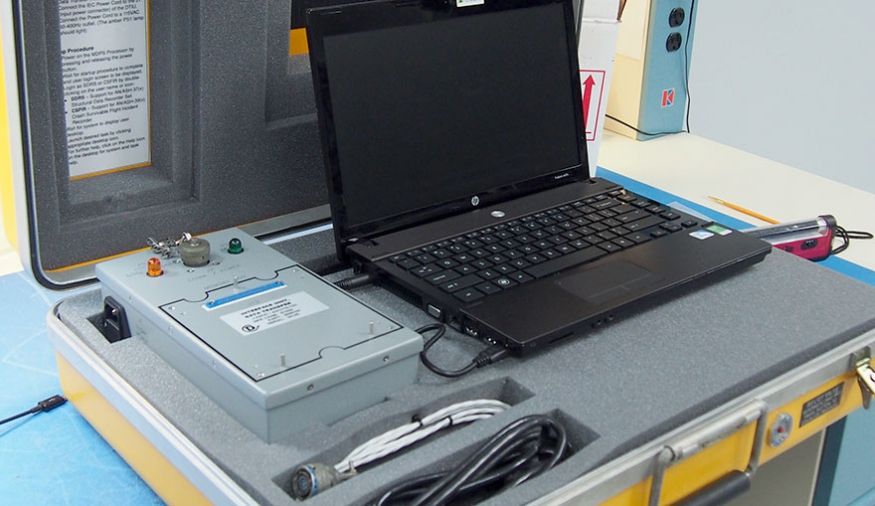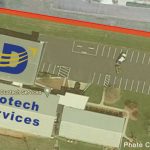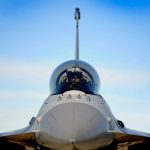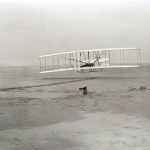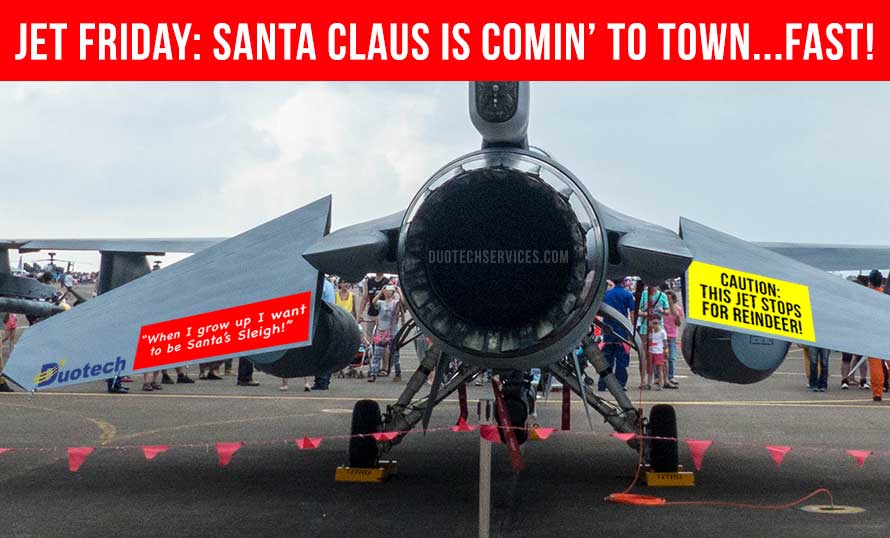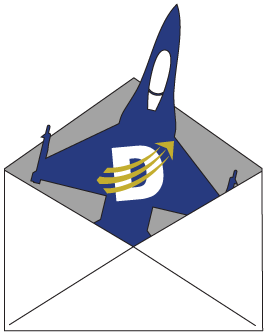When a single system is in use for an extended period of time (whether in industry or military application) many challenges can arise in keeping the system operational through the fast-paced changes of technology. One example of a system that Duotech Services has maintained for over 20 years is the Navy’s Maintenance Data Processing System (MDPS).
The MDPS is ground support equipment that provides an interface for configuration and data download for multiple airborne data recording systems used by several different platforms (including the C-130, P-3, C-2, E-2, and EA-6B squadrons). To allow the airborne data recorder systems to remain unchanged, the support equipment has had to change with technology while maintaining backwards compatibility with the recorder interfaces. In that process, there are several obstacles that we have encountered and overcome:
- Hardware Obsolescence The rapid pace of technology is a great thing when upgrading your computer, but is difficult when trying to maintain hundreds of fielded systems. For laptops, which were used for the ground station processors, the lifecycle of any particular model is very short. Each time a model became unavailable, a new one would have to be selected based on all the criteria of size, location and selection of ports, and operating system compatibility. Every new model then had to be evaluated through exhaustive testing to ensure complete compatibility. In some early years, code that depended on hardware timing loops had to be changed as processor speeds increased. In order to continue fulfilling repair needs while selecting the next model, Duotech found sources for used laptops of approved models.
- OS obsolescence As computers change, so does the software that runs on them. Throughout the decades of supporting the MDPS ground station, many different operating systems have been used. New hardware means that older operating system do not have drivers available and so software must be moved to new OS versions. Each iteration required learning and dealing with new driver models, new security models and limitations on direct hardware access, and new toolkits. Duotech transitioned the software to be cross-platform and now uses Linux on the ground station processors which has increased the stability of the platform.
- Interface obsolescence The interface unit used to connect to the memory module of the SDRS system has had to be upgraded throughout the lifetime of the program. Early systems used specialized interface cards accessed at a very low level. That was replaced with connection using the parallel port, but eventually laptop hardware was not available with parallel port. Temporarily, PCMCIA adapter cards were used, and then Duotech developed an updated transfer unit that provided a USB interface.
- Storage Media obsolescence Processors in the early ground stations used floppy disks which were mailed to the processing center. The increased data volume of the crash recorder required larger media, so PCMCIA harddrives were used. Those were replaced by flash-based PCMCIA drives, but as PCMCIA slots disappeared from hardware options, other storage media had to be investigated. Computer policy on the Navy network prevents use of USB-based storage (such as thumb-drives) or network connectivity, so CD burning was chosen as the storage and transfer method.
- Documentation deficiencies Because the original ground station was built by another company, all early documentation was generated through reverse engineering. This meant that there was not a complete function specification. Duotech had to implement good documentation policies to ensure that information and knowledge would be preserved through the years and through staff turnover.
- Equipment repair (configuration management) Ground support equipment is used in rough environments. The squadron shop areas are crowded and often exposed to dust, oils, and other contaminants. Shifts are constantly rotating, and new, untrained personnel are being rotated in on a regular basis. Even selecting fairly rugged components, repair requirements are a regular occurrence. It is one thing to purchase components for large runs, but sourcing parts for small repair lots brings its own challenges. Duotech has implemented inventory controls and configuration management tools to allow us to provide quick repair service through the years.
Despite these challenges presented and others that came up over the years, Duotech has provided consistent support for the MPDS ground station for over 20 years. The availability of this level of support has allowed the Navy to continue to operate their legacy fleet with minimal changes in the structural data recording system, thus maximizing the usable life of each fleet asset.

